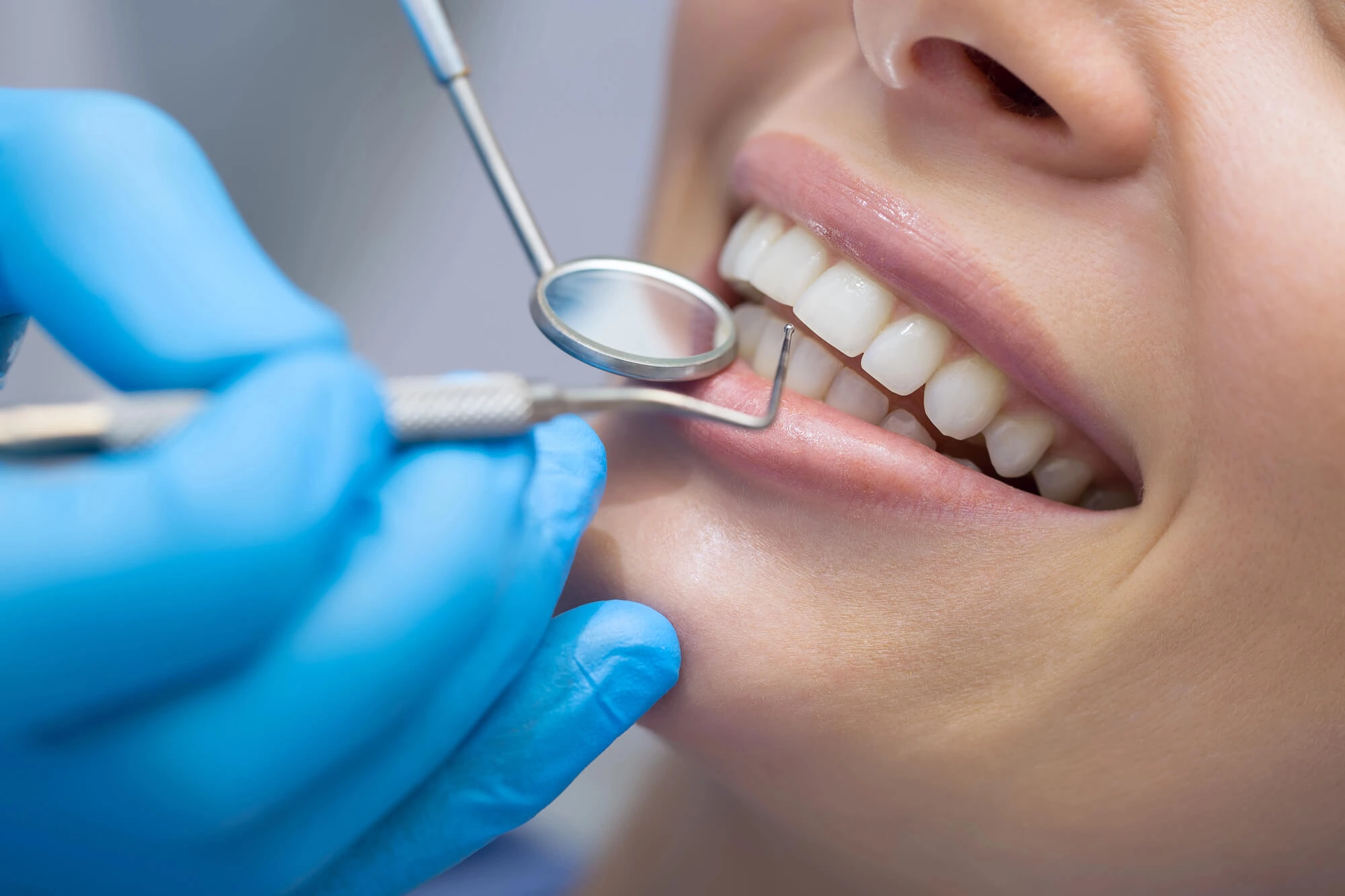
How Often Should You Go to the Dentist?
In healthcare, preventing issues is often more cost-effective than treating them after they develop. Brushing your teeth after every meal, flossing daily, and visiting the dentist in Birmingham, AL keeps harmful bacteria in your mouth at bay, preventing tooth decay and gum disease.
During your regular dental visits, your dentist will examine your teeth and gums, conduct a thorough cleaning, and address any emerging issues before they become serious problems.

What is Preventive Dentistry?
Preventive dentistry is the practice of providing professional care to keep your mouth, gums, and teeth as healthy as possible. Using a minimally invasive approach, the goal is to identify and treat dental problems before they occur or progress into more serious conditions.
Preventive dental care treatments include:
1. Dental Exams
Dental exams are thorough evaluations conducted by your dentist to determine the overall health of your teeth, gums, and mouth. During a dental exam, your dentist will:
- Check for cavities, tooth decay, and cracks in your teeth.
- Examine your gums for symptoms of gingivitis or periodontal disease.
- Examine your tongue, throat, cheeks, and jaw for any abnormalities or symptoms of oral cancer.
- Take X-rays to see beneath the surface of your teeth and gums, identifying deeper problems that would not be visible during a visual examination.
The purpose of a dental exam is early detection. Many dental problems, such as gum disease or tooth decay, don't present symptoms in their early stages. This allows for simpler, less invasive, and less expensive treatment options.
- Ideal Frequency: These exams are typically recommended every six months and are critical for maintaining oral health.
2. Dental Cleanings
Even with regular brushing and flossing, plaque and tartar can accumulate over time in hard-to-reach areas. This is where professional dental cleanings become essential.
A dental hygienist typically performs dental cleanings, which include:
- Scaling: Removing plaque and hardened tartar (calculus) from the tooth surfaces, especially near the gum line.
- Polishing: Smoothing and shining the teeth using a special paste to help prevent future plaque buildup.
- Flossing: Thorough flossing to remove any remaining debris between the teeth.
Dental cleanings help prevent cavities, gum disease, and bad breath. They also make teeth feel fresher and look brighter.
- Ideal Frequency: Most dentists recommend professional cleanings every six months. However, people with gum disease or other conditions may need them more frequently.
3. Dental Sealants
Dental sealants are protective coatings applied to the chewing surfaces of back teeth (molars and premolars), which are most prone to cavities. These teeth have surfaces with deep grooves that can trap food particles and bacteria, making them difficult to clean thoroughly.
Sealants are typically recommended for children and teenagers shortly after their permanent molars emerge. However, adults can also benefit, particularly if they have deep grooves or a history of cavities.
The procedure for applying sealants is quick and painless:
- The teeth are cleaned and dried.
- A special gel is applied to roughen the surface slightly.
- The gel is rinsed off, and the tooth is dried again.
- The sealant material (a thin plastic coating) is painted onto the tooth.
- A curing light is used to harden the sealant.
Once in place, dental sealants can protect teeth from decay for many years. However, they may need to be checked and occasionally reapplied.
- Ideal Frequency: Dental sealants are applied once and stay in place, protecting teeth for several years. With proper care, they can last between 5 and 10 years.
4. Fluoride Treatments
Fluoride is a natural mineral that strengthens tooth enamel, increasing its resistance to acid attacks from plaque bacteria and sugars in the mouth. Fluoride treatments are especially beneficial for children, but adults with a high risk of cavities can also benefit.
Professional fluoride treatments are usually performed during routine dental visits and may be applied as:
- A gel
- A foam
- A varnish
These are applied directly to the teeth and left in place for a short period. Fluoride quickly penetrates the enamel, helping to remineralize weakened areas and reducing the risk of future decay. Fluoride can even reverse small cavities.
In addition to professional treatments, using fluoride toothpaste and drinking fluoridated water can help you maintain strong enamel between visits.
- Ideal Frequency: For most patients, fluoride treatments are recommended every six months during routine dental cleanings.
Why Preventive Care Matters
Preventive dental treatments are essential for maintaining a healthy, confident smile. They can:
- Reduce the risk of cavities, gum disease, and tooth loss.
- Help detect issues early, when they are easier and less expensive to treat. A small cavity treated early is more affordable than a dental crown needed to repair a heavily damaged tooth.
- Improve overall health, since oral health is closely linked to conditions like heart disease and diabetes.
- Save you time and money by avoiding complex dental procedures later.
When combined with good at-home habits like brushing twice daily, flossing, eating a healthy diet, and avoiding tobacco, preventive care can keep your smile strong and healthy.
Signs You Need an Early Dental Visit
While regular dental checkups are typically scheduled every six months, several signs may indicate you need to see your dentist sooner. Ignoring these symptoms can lead to more serious problems, so it's important to recognize when early intervention is necessary.
Some symptoms to pay attention to include:
- Persistent pain or sensitivity.
- Gums that bleed while brushing or flossing.
- Persistent bad breath (halitosis).
- Teeth that feel loose or are shifting.
- Any sores or lumps that don’t heal within 7–10 days.
- A lost crown or filling.
- Changes in your bite or how your teeth fit together.
When in doubt, call your dentist!

Protect Your Smile with a Dentist in Birmingham, AL
Preventive dental care is the foundation of a healthy mouth and long-lasting smile. By regularly visiting your dentist and following recommended preventive measures, you can avoid cavities, gum disease, enamel wear, and more serious oral health issues down the road.
Whether you're a parent trying to safeguard your child's smile or an adult focused on preserving your own, these treatments are smart investments in your health and well-being. If you're due for a checkup, contact Lakeview Dental & Wellness today!
Related Posts

Nervous About Dental Implants? Here's What You Need to Know
Feeling anxious about dental implants in Birmingham? Discover what to expect during treatment, why implants are worth it, and how patients can overcome fear.

Is Teeth Whitening Safe? All Your Dentist Wants You to Know
Dental stains can easily impact your confidence. Learn what makes teeth whitening in Birmingham, AL, safe and what to avoid for a healthier, brighter smile.

Invisalign®: Is It as Effective as Braces? What Patients Should Know
Curious whether clear aligners work as well as braces? Learn how Invisalign® in Birmingham, AL, compares in results, comfort, and cost to other orthodontic treatments.

